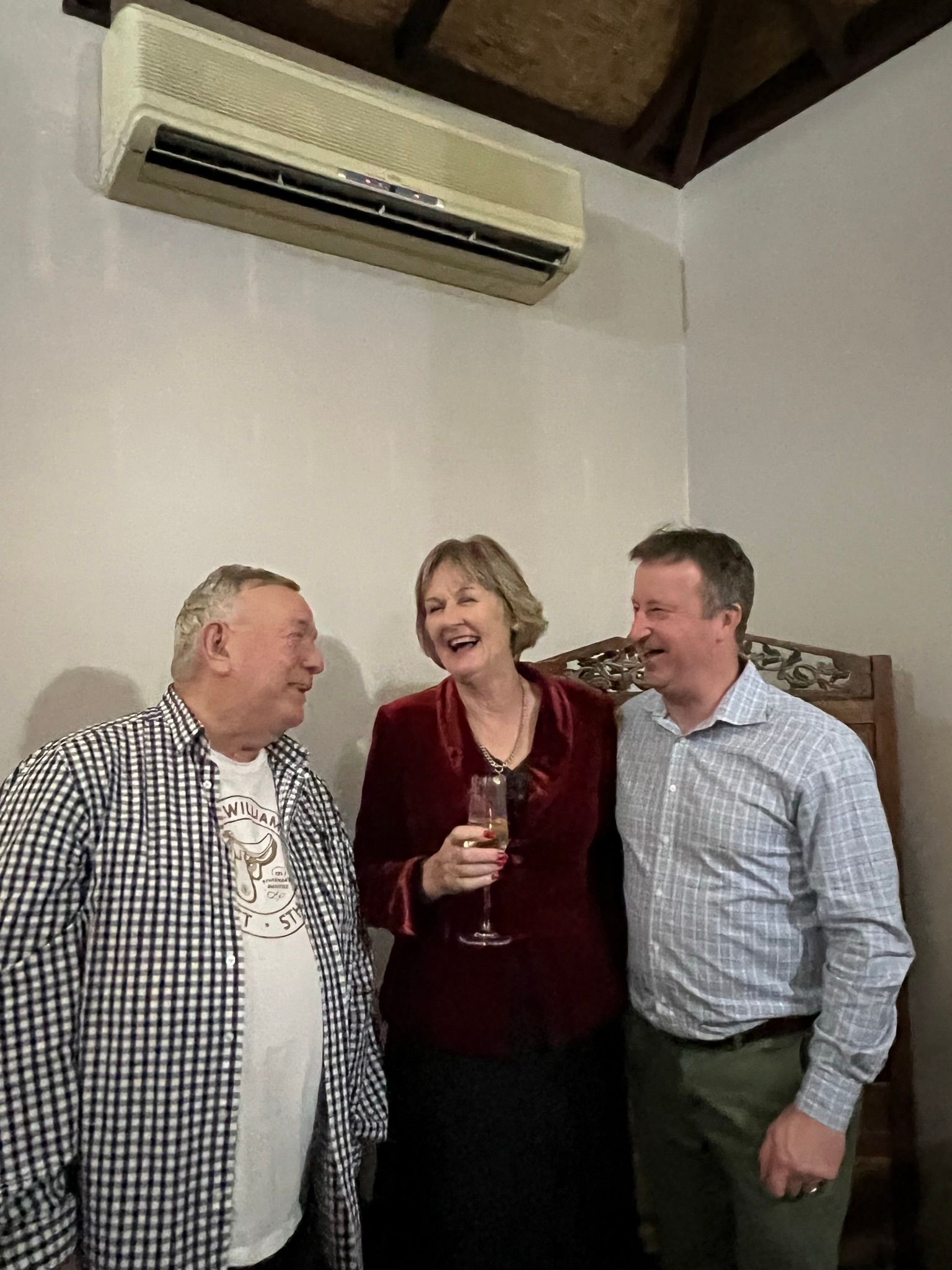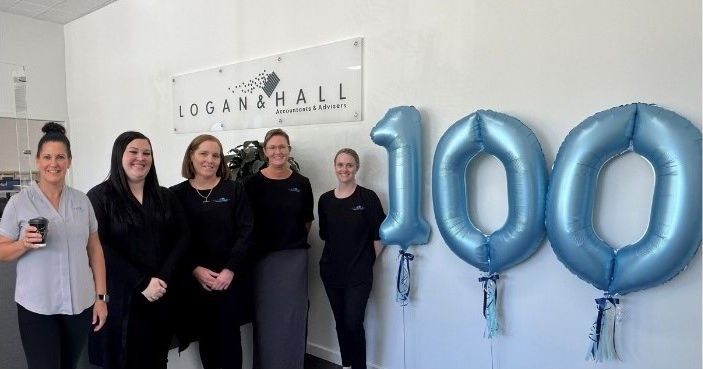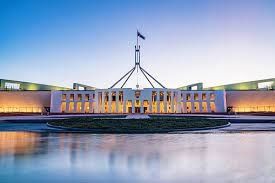Deductions Landlords should be wary of
Property investors are warned to have sufficient and correct records when declaring rental income and deductions as the tax office is keeping a close eye on real estate claims once again.
In an announcement earlier this year, the Australian Tax Office announced that rental incomes and deductions are to be a key focus of tax time this year.
With more than 2.2 million Australians holding rental property investments and as much as $50 billion claimed in deductions each year (according to the latest 2018-19 taxation statistics), this area of taxation will be under particular scrutiny in the 2021-22 tax returns.
According to the Australian taxation office, four key areas will be closely examined as tax returns are lodged this year. These include;
- Rental property income (such as undeclared income from renting out rooms or homes on a part-time basis)
- Expenses that property investors have incurred in owning their property, including repairs, maintenance & interest payments.
- If investors are residing in their second property for part of the year (such as holiday homes)
- That investors are not overclaiming or claiming on items that they are not entitled to.
- If any relief (in the form of grants or state government support) was claimed by the investors for the home.
Rental Property Income
The Australian Taxation Office will be looking for items on your tax return this year that could include undeclared income from renting out rooms or homes on a part-time basis, or an inconsistency in the rental schedule of the property with the income declared on your return.
You should also be wary of over-claiming when leasing your property to friends or family at below-market rents. You will not be able to claim the interest, as you will only be able to claim up to the rental income you receive.
Residing In The Secondary Property
Tax returns can become complicated if investors reside in their second property for part of the year (such as in a holiday home). These properties must be made available for rent and on the market prior to claims being made.
You cannot claim expenses for periods in which the property was being used by friends or family. You are only allowed to claim on the parts that are associated with any rent.
Repairs, Maintenance & Improvements - What Can Be Claimed?
Repairs, maintenance and expenses spent on improvements have different tax treatments when it comes to rental properties.
It’s important to correctly categorise each expense incurred to ensure it’s treated correctly for tax purposes
Keep Accurate Records
As the ATO steps up its auditing capabilities each year, you want to be sure that your records are accurate and match what you are looking to claim. If the ATO calls to ask a question about your claim, they already know the answer.
Avoid making common mistakes as a landlord when it comes to property-related claims and deductions on your return. Work together with a trusted adviser to maximise your deduction capabilities and remain compliant this tax return season.
EXAMPLES OF WHAT CAN BE CLAIMED
- Repairs & Maintenance (Deductible)
- painting
- conditioning gutters
- maintaining plumbing
- repairing electrical appliances
- mending leaks
- replacing broken parts of fences or broken glass in windows
- repairing machinery.
Improvements (Depreciation Claimed)
Improvements include work that:
- provides something new – for example, adding a gazebo or carport
- generally improves the income-producing ability or expected life of the property
- goes beyond restoring the efficient functioning of the property.
Improvements can be either capital works, where it’s a structural improvement or capital allowances where the item is a depreciable asset.
If you require any further clarification on what can or cannot be claimed please contact us.








